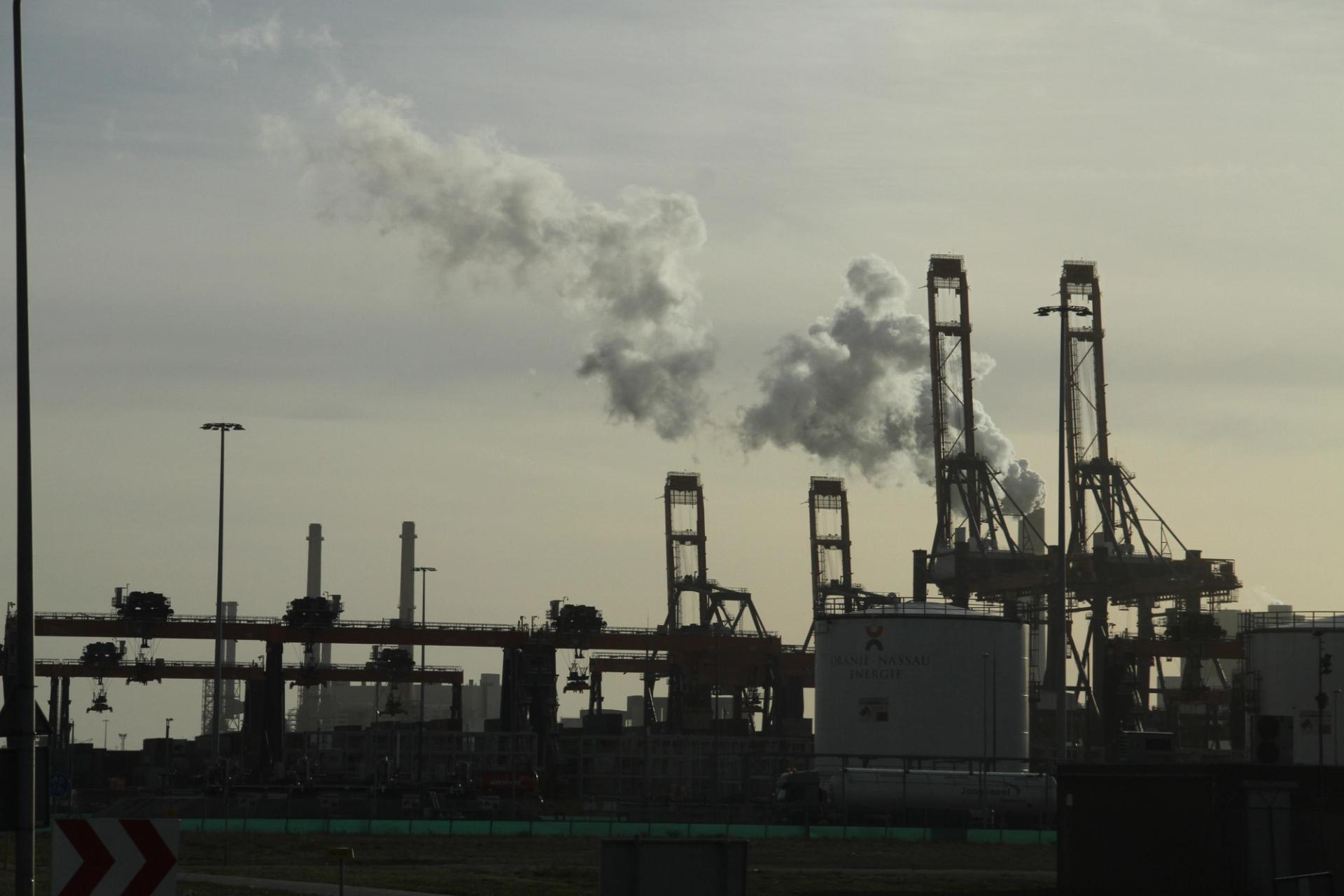The News
Senegal’s decision to set up a commission to re-examine its oil and gas contracts has been greeted with calls for transparency by energy industry insiders.
The committee will review agreements and seek to “rebalance them in the national interest,” Senegal’s Prime Minister Ousmane Sonko said on Aug. 19 when he announced the first meeting of the committee. Sonko and President Bassirou Diomaye Faye, who took office in April, vowed to renegotiate energy contracts when they were in opposition.
The offshore Sangomar oil field, operated by Australian energy company Woodside, is likely to be one of the main assets to be scrutinized. It was discovered 10 years ago and is expected to produce 100,000 barrels per day.
Another project is the Greater Tortue Ahmeyim (GTA) liquefied natural gas (LNG) project, operated by energy giant BP, which straddles the Senegal-Mauritania border. It is expected to produce on average 2.3 million tonnes of gas per year.
The non-profit Natural Resource Governance Institute, in a new report, said renegotiations “could maximize long-term benefits for the state” if the process was transparent and well-managed.
“An opaque process could damage relations with partners, discourage future investments, and undermine citizens’ trust in the governance of their natural resources,” the report warned. It also said that “now is a tricky time to consider renegotiation, as several extractive projects in Senegal are entering production.”
Saul Kavonic, an analyst at the equities research firm MST Marquee, told Semafor Africa that making retrospective changes to existing projects “will do irreparable damage to Senegal’s reputation.”
Such reputational damage “could extend to deter investment in other sectors well beyond oil and gas,” he added.
In this article:
Know More
Senegal is forecast to have one of the fastest growing economies in Africa this year, with an annual rate of 8.3%, according to the International Monetary Fund. That forecast was predicated on the country’s oil and gas production coming fully on stream and is expected to transform the nation’s economic fortunes.

Sonko did not provide a timeline for the work of the committee. It comprises around 20 members who are legal, tax and energy experts, including the CEO of Senegal’s national oil and gas company.
Since taking power in April, the new government has undone many decisions made by the former administration. In July, it broke a $775 million contract signed with the Saudi company Acwa Power for the construction of a water desalination plant.
It has also launched tax audits of various industries, including the media and the mining sector.
Step Back
African countries like Nigeria have a long history of negotiating oil deals that fail to benefit the wider populace through economic growth and jobs.
As a result, a new generation of African politicians, including military leaders, are wary of oil companies agreeing deals that fail to benefit a country’s citizens.
Joël’s view
It remains unclear how oil and gas contracts will be renegotiated, if that course of action is deemed necessary.
While Senegal’s national energy company Petrosen holds an 18% interest in Sangomar, Woodside — with 82% — has made most of the investments necessary, including more than $420 million in capital expenditure in between October 2023 and March 2024. The company has also extended a credit line of up to $450 million to Petrosen to fund the public company’s share of Sangomar costs.
Under the production sharing contract, the Perth, Australia-based company, which became the Sangomar field operator in 2016, is expected to recoup these investments from oil revenues. Woodside CEO Meg O’Neill has said 75% of revenues will go to recover the costs, and 25% are to be shared between the company and the government, on which corporate income and branch taxes will be applied.
Breaking such a contract would be tricky and would likely threaten the country’s reputation.
“It will come down to a possible renegotiation of the agreements between Woodside and Petrosen on downstream oil marketing,” an advisor to Senegal’s energy ministry told me. “The commission will also be insistent in checking the real costs incurred and the reality of the investments made.”
The View From Perth
“We have absolute confidence that the costs that we have booked were appropriately booked and were appropriate costs to develop the assets”, O’Neill, Woodside’s CEO, told Australian financial analysts in June.
“Woodside respects the right of governments to determine the legal and regulatory frameworks that govern oil and gas development”, a Woodside spokesperson emailed Semafor Africa.
“Our experience has shown that the most successful jurisdictions have been those that work in partnership with industry, respect contract sanctity, and create investment certainty”, they added. The company said it has spent around $177 million with local suppliers and generated more than 4,400 local jobs.
